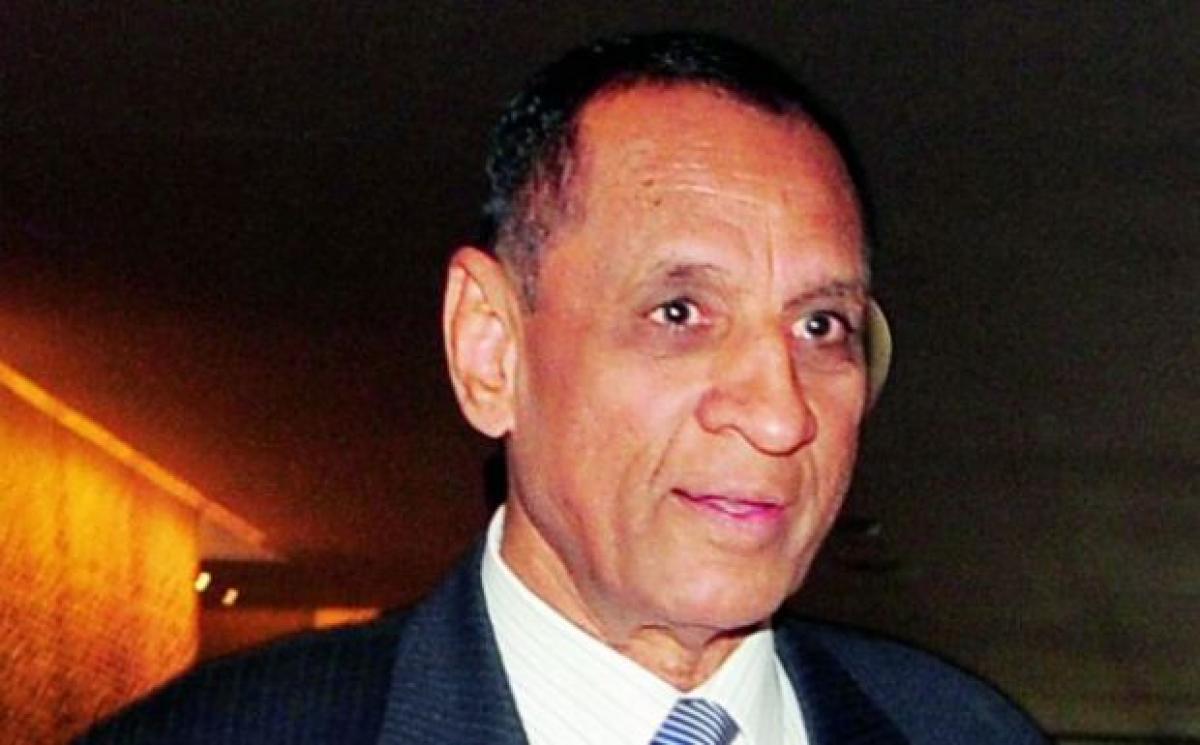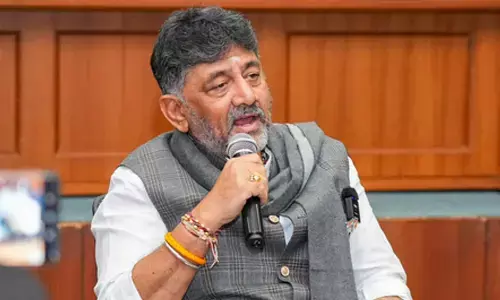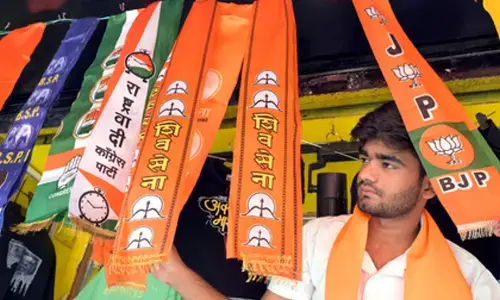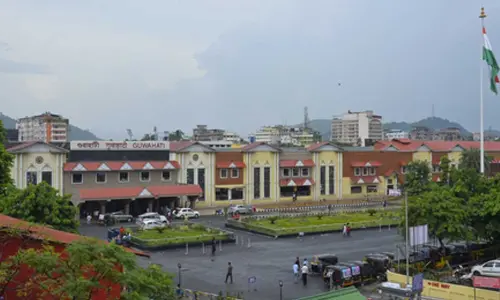Interpreting Sec. 8

The cash-for-vote episode is now turning into a debate on the powers of Governor in regard to the common capital as per the Section 8 of the Andhra Pradesh State Reorganisation Act. The AP government feels that the liberty of its Chief Minister is endangered due to alleged tapping of his phone by the Telangana government authorities.
The cash-for-vote episode is now turning into a debate on the powers of Governor in regard to the common capital as per the Section 8 of the Andhra Pradesh State Reorganisation Act. The AP government feels that the liberty of its Chief Minister is endangered due to alleged tapping of his phone by the Telangana government authorities.
This apprehension is the new basis for demanding operationalisation of the Section 8. The AP government has once again asked the Centre to issue guidelines for the functioning of the Governor in regard to the common capital. The Section 8 says: “(1) …for the purposes of administration of the common capital area, the Governor shall have special responsibility for the security of life, liberty and property of all those who reside in such area.
.jpg)
(2) In particular, the responsibility of the Governor shall extend to matters such as law and order, internal security and security of vital installations, and management and allocation of government buildings in the common capital area. (3) In discharge of the functions, the Governor shall, after consulting the Council of Ministers of the State of Telangana, exercise his individual judgment as to the action to be taken: Provided that if any question arises whether any matter is or is not a matter as respects which the Governor is under this sub-section required to act in the exercise of his individual judgment, the decision of the Governor in his discretion shall be final, and the validity of anything done by the Governor shall not be called in question on the ground that he ought or ought not to have acted in the exercise of his individual judgment.”
A close reading of this section makes it clear that the discretionary powers of the Governor come into force in regard to matters like law and order, security etc. But, the Governor is in no way concerned with the control of crime or corruption, which is now the allegation. The section is on a fundamental premise that the Governor is not independent of the advice of the Council of Ministers of Telangana.
Assuming that the Governor prevails over the council of ministers in normal course of things is contra-constitutional. In Samsher Singh v. State of Punjab & Anr., AIR 1974, the Supreme Court expounded the universal rule that, the Governor is bound to act only in accordance with the aid and advice of the Council of Ministers.
The Governor is expected to exercise his ‘individual judgement’ as per the powers granted to him as per the Section 8 only in a situation where the actions and advice of Telangana council of ministers are unconstitutional. In MP Special Police Establishment v. State of M.P. & Ors, AIR 2005, the Supreme Court carved out certain exceptions to the principle of Governor acting on the advice of the cabinet, for instance, where bias is inherent or apparent; or, where the decision of the Council of Ministers is wholly irrational or in the case of a complete breakdown of democracy. These principles should be adhered to while interpreting the Section 8.














